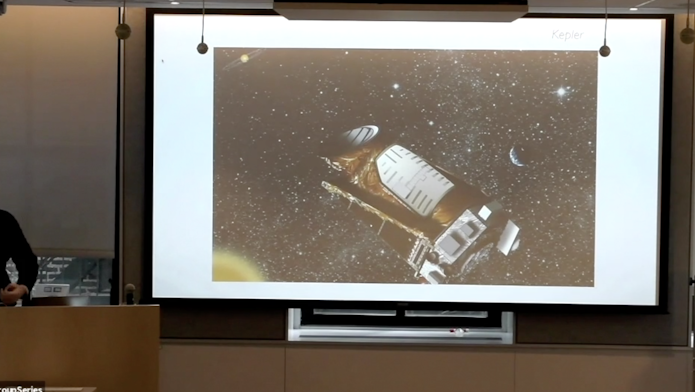WATCH: CCA Seminar with Benjamin Montet
Thanks to more than 20 years of dedicated searches for exoplanets, we now know of the existence of thousands of other worlds. The search to detect these planets, especially with large surveys like Kepler, TESS, and soon, WFIRST, has required thousands of observations of millions of stars. This treasure trove of data, especially when combined with ground-based follow-up of large subsets of these stars, provides an opportunity to take a data-driven approach to understand the temporal evolution of both stars and planetary systems and the limitations of the instruments we use to observe them. In this talk, I will discuss how we can leverage these large data sets to improve our abilities to detect small planets buried in our instrumental noise as well as the evolution of stellar magnetic activity from both the planetary systems we find and the millions of stars around which we do not detect planets. I will conclude with a discussion of how the data sets we have now enabled us to prepare for the impending era of precision exoplanet studies.
February 7, 2019
Benjamin Montet: Understanding the long-term evolution of planetary systems and their host stars with large surveys

By clicking to watch this video, you agree to our privacy policy.